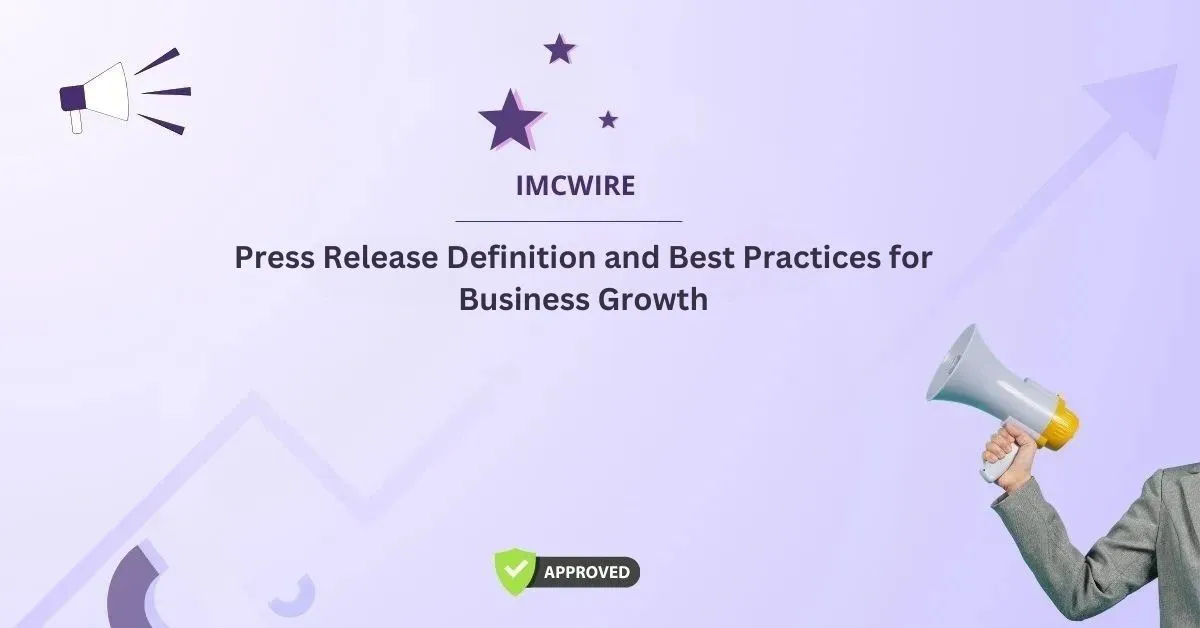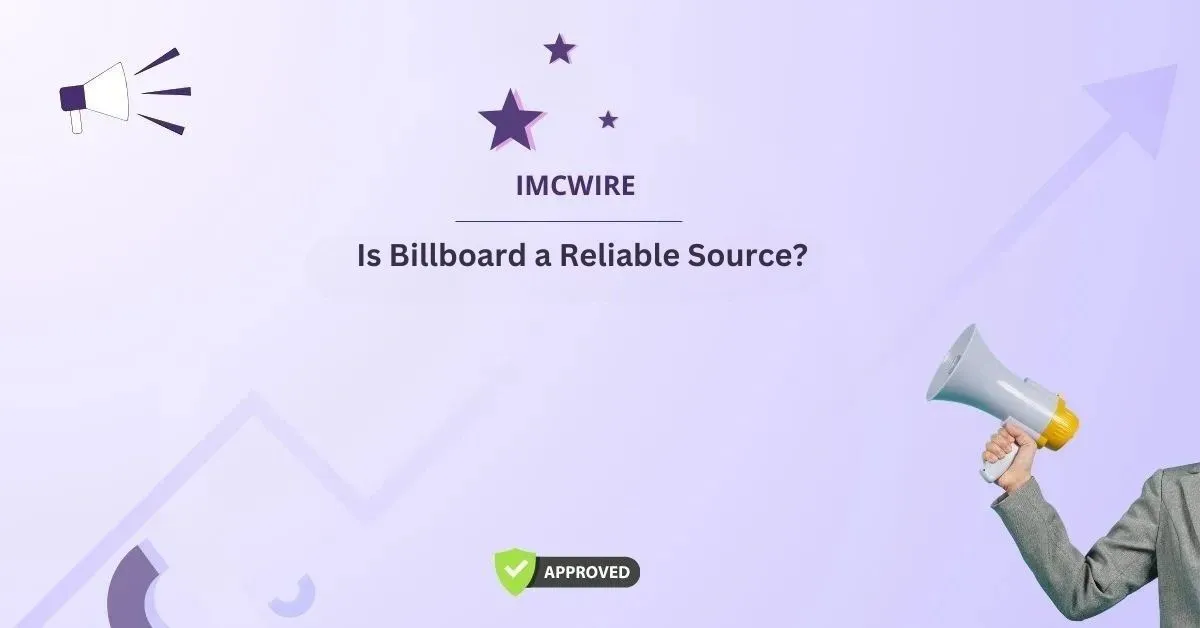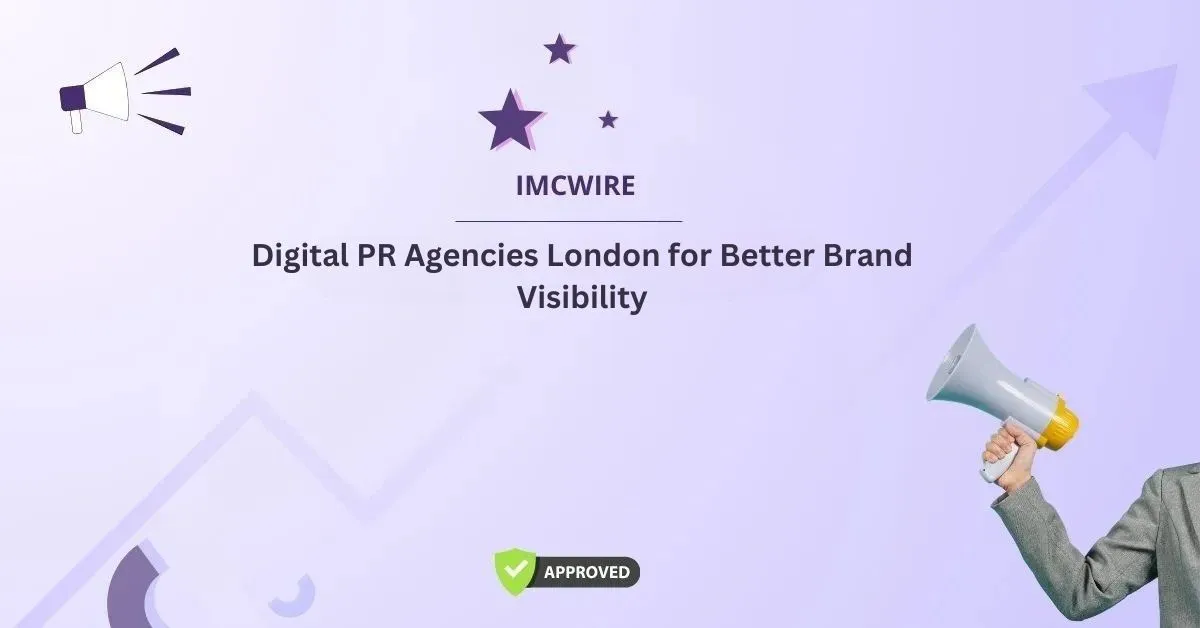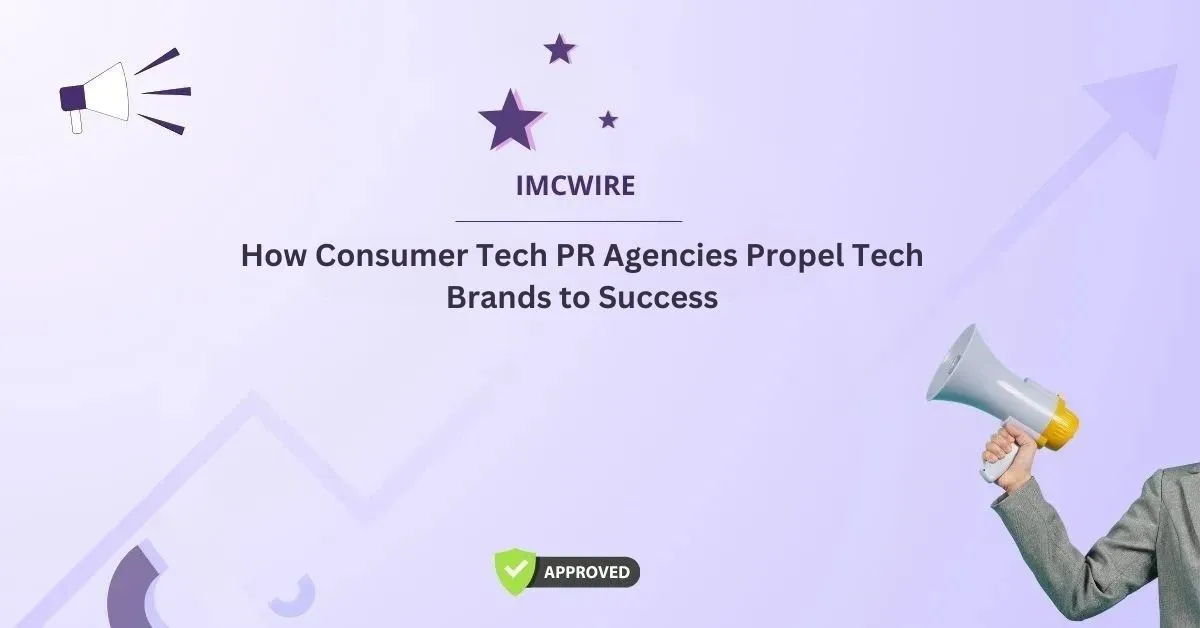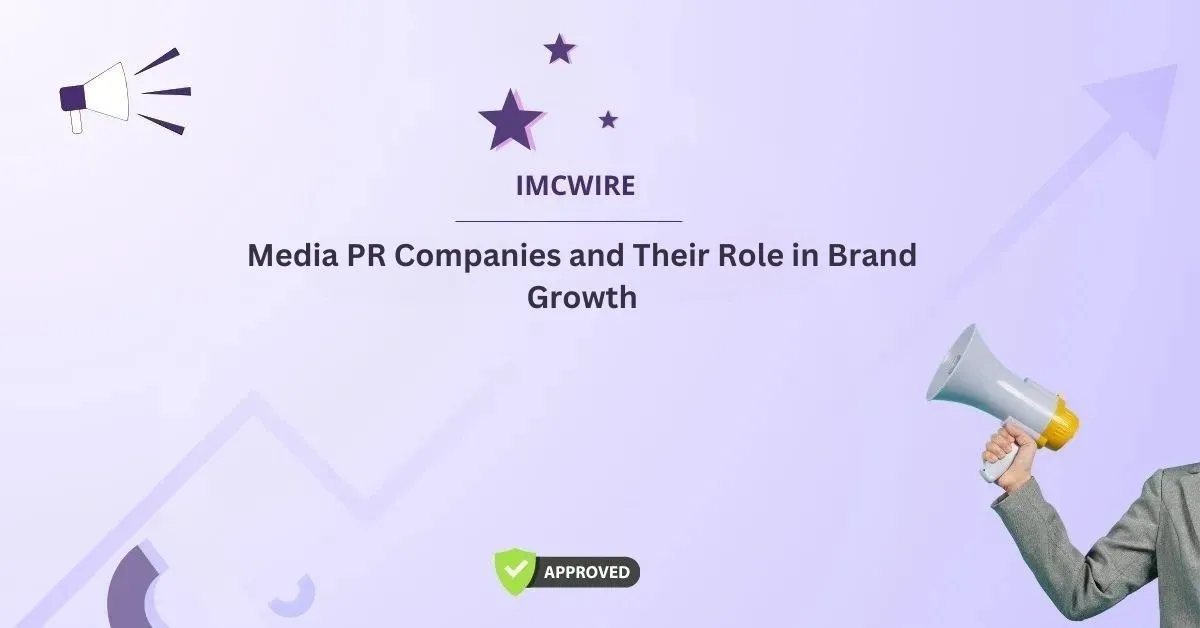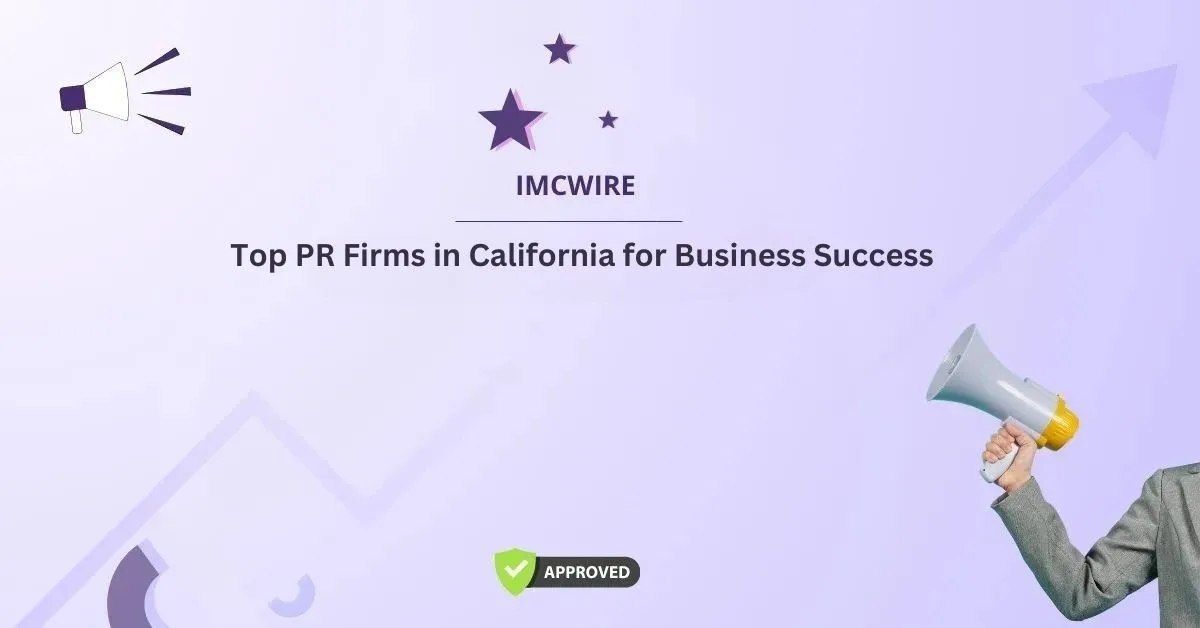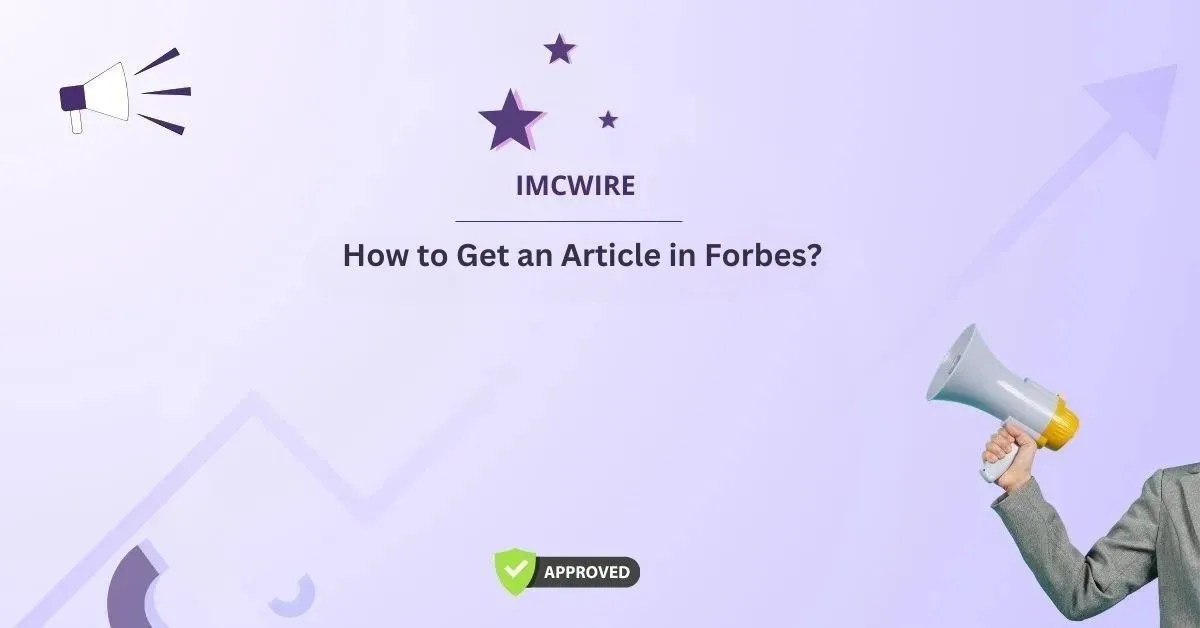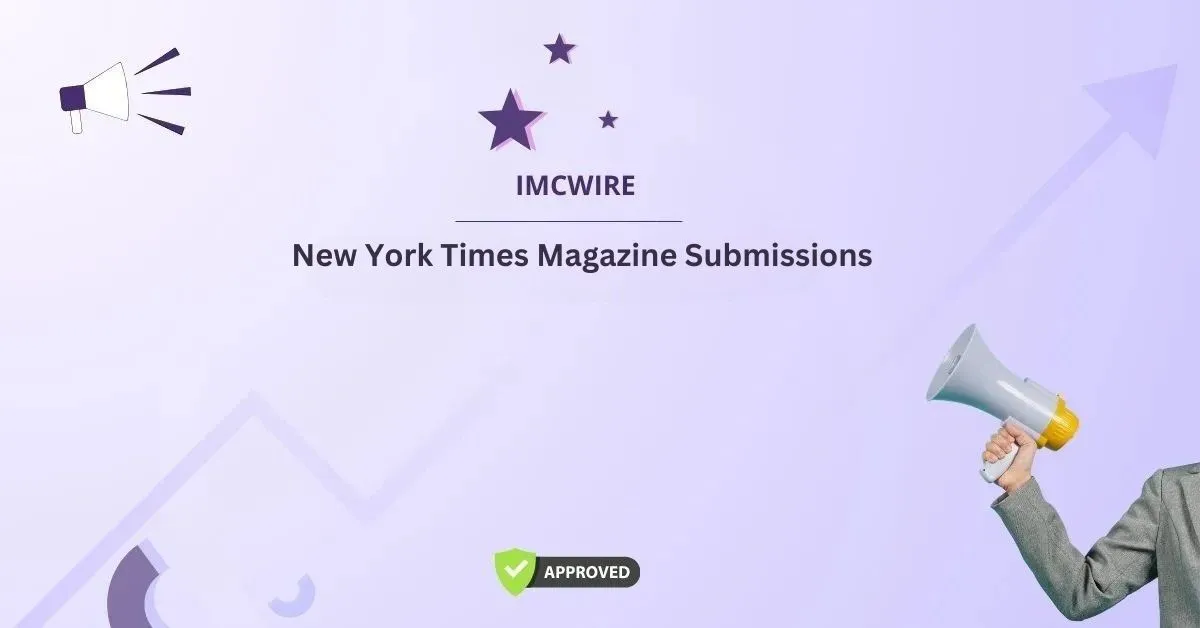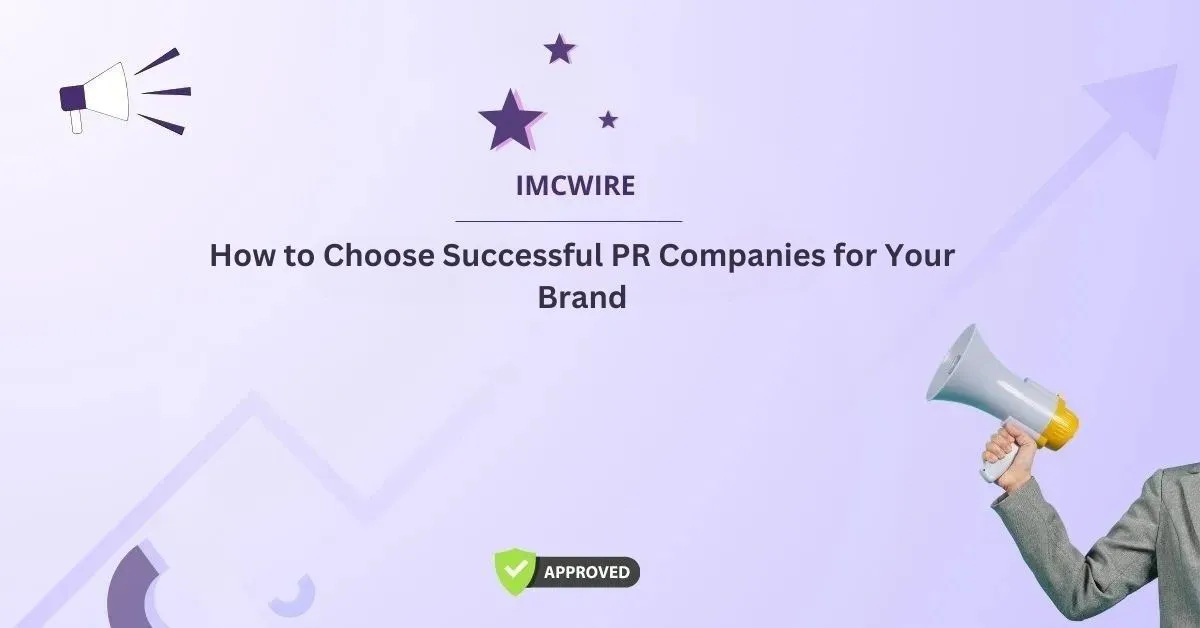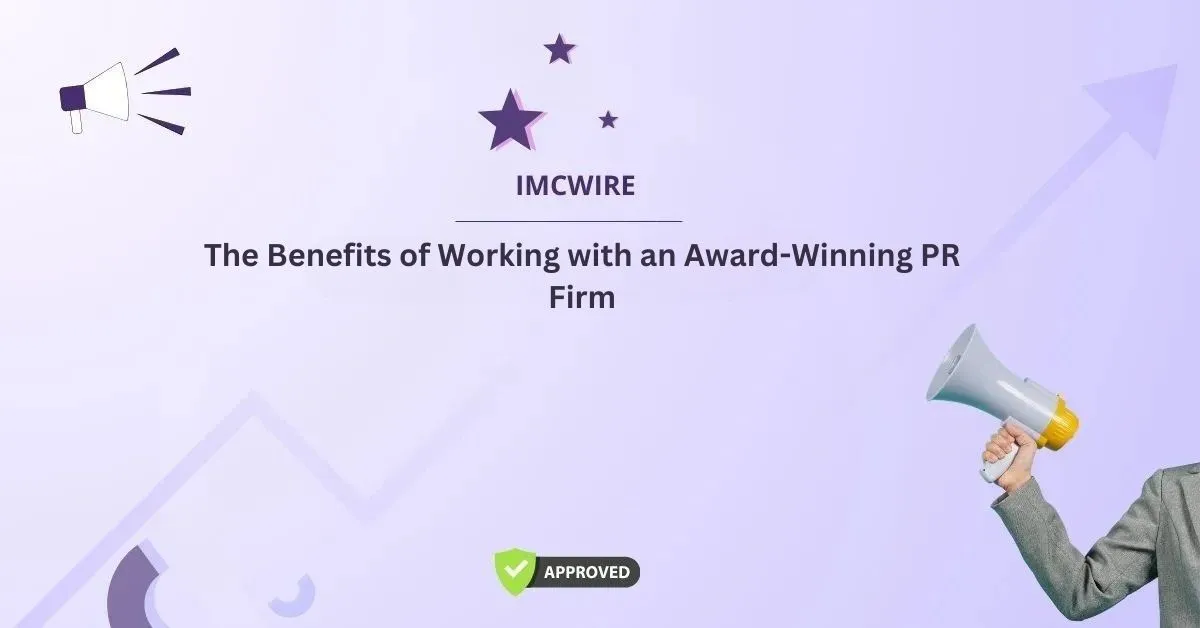A press release is an essential tool used in the world of business, marketing, and public relations. It is a written communication issued to the media to announce something newsworthy, typically in a formal tone. Press releases are pivotal in delivering important information about a company, product, event, or development to journalists, influencers, and the public. Understanding the definition of a press release and its role in business communications is essential for anyone looking to improve their corporate communication strategies.
Table of Contents
What is a Press Release?
At its core, a press release is a brief, factual statement delivered to journalists with the aim of getting media coverage for a company, organization, or individual. The purpose of a press release is to provide information that a journalist may find newsworthy, hoping that the media will write about it in their publications or broadcast it to the public.
A press release is often structured in a specific format, making it easy for journalists to quickly grasp the key information and decide if it’s worth further coverage. The key components include a headline, subheadings, the body of the release, and a boilerplate—a short description of the company issuing the release.
The Purpose of a Press Release
The primary purpose of a press release is to inform the media and the public about an important announcement. Whether it’s the launch of a new product, a corporate partnership, a change in leadership, or a special event, press releases allow companies to communicate directly with the press, providing them with all the necessary information they need to write an article.
Aside from informing, press releases can also be used to shape a company’s public image, maintain brand awareness, and create buzz around an event or product. In a competitive market, businesses rely on effective communication strategies to stay ahead of the curve, and press releases are one of the most efficient ways to generate coverage without resorting to advertising.
Press Release Format: Key Elements
To ensure the press release is effective and receives the attention it deserves, it’s crucial to follow a specific format. A well-structured press release not only catches the eye of the media but also increases the likelihood of the announcement being picked up. Below are the essential components of a press release.
- Headline
The headline is the first thing that journalists and readers see, so it needs to grab attention. It should be concise, clear, and convey the main point of the release. A good headline encourages the reader to continue reading. - Subheading
The subheading provides additional context to the headline and further elaborates on the main message. While not always necessary, a subheading can help expand on the topic and increase interest. - Dateline
The dateline consists of the city and date of the press release’s release. It’s important because it gives the reader context regarding when the news is happening. - Introduction/Lead Paragraph
The lead paragraph should summarize the most important information in a concise manner. This paragraph is often referred to as the “lede” and should answer the critical questions: who, what, when, where, why, and how. - Body Paragraphs
After the lead paragraph, the body of the press release provides further details. This is where the company can dive deeper into the subject matter and provide additional facts, quotes, or context. Quotes from company executives or industry experts add credibility and interest. - Boilerplate
The boilerplate is a short paragraph that provides background information about the company or organization issuing the press release. It typically includes the company’s mission, vision, and contact details. - Contact Information
Press releases should always include the contact details of the company or person responsible for media inquiries. This includes the name, phone number, and email address of the PR representative.
Types of Press Releases
There are several types of press releases, each serving a specific purpose depending on the nature of the announcement. The most common types include:
- Product Launch Press Release
A product launch press release is issued when a company is introducing a new product or service to the market. It typically highlights the features and benefits of the product and provides details on where and when it will be available. - Event Press Release
Event press releases are issued to promote an upcoming event, such as a trade show, concert, conference, or fundraiser. These releases provide details about the event, including the time, date, location, and key speakers or performers. - Executive or Organizational Announcement
This type of press release is used when there is a change in the leadership of a company, such as the appointment of a new CEO, CFO, or other top executives. It can also be used to announce mergers, acquisitions, or partnerships. - Crisis Management Press Release
When a company faces a public relations crisis—such as a product recall, legal issue, or negative media attention—crisis management press releases are used to address the situation. These releases are often written carefully to provide transparency and mitigate damage to the company’s reputation. - General News Press Release
General news releases are used to announce anything of interest to the public that may not necessarily fit into the other categories. These could include business milestones, charitable activities, or community involvement.
Why are Press Releases Important for Businesses?
Press releases play a pivotal role in shaping a business’s reputation, building media relationships, and spreading brand awareness. Here are some key reasons why press releases remain an essential part of business communication:
- Credibility and Trust
Press releases that are picked up by credible media outlets give the company a sense of legitimacy and authority. Media outlets are often seen as impartial, so their coverage of a company’s news can build trust with the public. - Media Exposure
A well-crafted press release can attract media coverage, which is often more valuable than paid advertisements. It allows companies to gain exposure to a broader audience without the costs associated with advertising. - SEO Benefits
Press releases are often published online, and if they are optimized properly with the right keywords, they can help improve a company’s search engine rankings. This can lead to more visibility on the web and increased organic traffic. - Brand Awareness
Whether you are launching a new product or hosting an event, press releases help spread awareness about your brand. When the media covers a press release, they essentially introduce your company or products to their audience, increasing brand recognition. - Crisis Management
In times of crisis or when a company faces negative publicity, a well-written press release can help manage the situation. Clear communication from the company can prevent the situation from escalating and show that the business is actively addressing the issue.
Best Practices for Writing an Effective Press Release
To maximize the impact of a press release, it’s crucial to follow a few best practices. Here are some tips for writing an effective press release:
- Be Clear and Concise
Journalists are often on tight deadlines, so a press release should get straight to the point. Avoid unnecessary jargon or fluff, and focus on delivering the core message. - Use a Strong Headline
Your headline is your first impression, so make it strong and impactful. It should convey the essence of the announcement in an engaging way. - Include Quotes
Including quotes from company executives or industry experts adds authority and a human touch to the press release. It can also make the story more compelling for journalists. - Proofread Carefully
A press release with grammatical errors or typos reflects poorly on the company. Make sure to proofread the document before sending it out to ensure it is error-free. - Target the Right Audience
Make sure you send the press release to journalists or media outlets that are relevant to the topic. A targeted distribution strategy increases the chances of the release being picked up.
Press Release Distribution and Follow-Up
Once a press release is written and finalized, the next step is distribution. Many companies use distribution services like PR Newswire, Business Wire, or local news outlets to send their press releases. It’s also important to follow up with journalists who may have received the press release, to gauge interest and encourage them to cover the story.
Conclusion
In conclusion, understanding the press release definition and its role in business communication is essential for any organization looking to build its reputation, generate media coverage, or communicate important news. Press releases remain a valuable and effective way for businesses to reach their target audience and control the narrative around their brand. Whether you’re launching a new product, announcing a partnership, or handling a crisis, a well-crafted press release can help communicate your message to the world.

